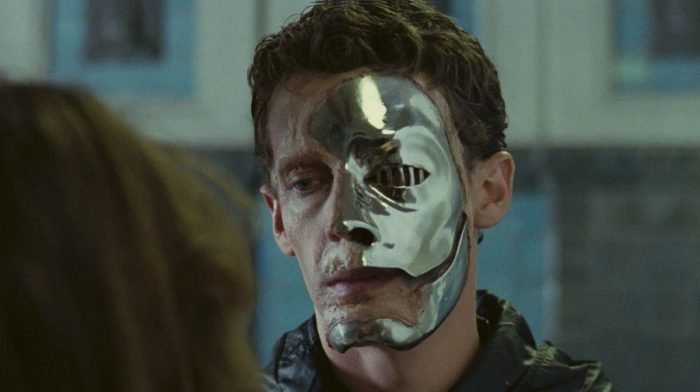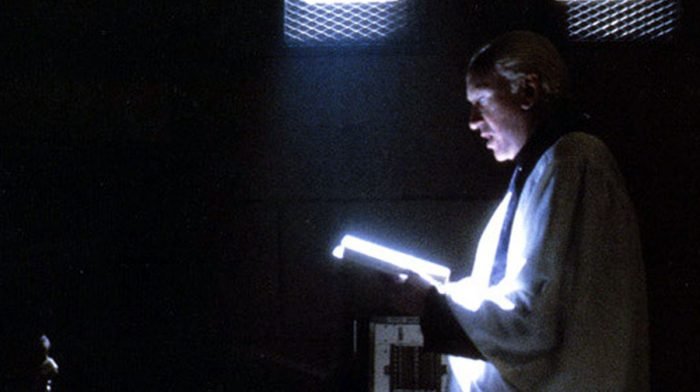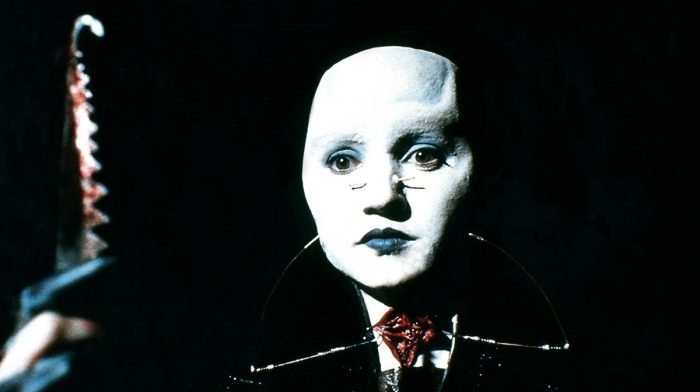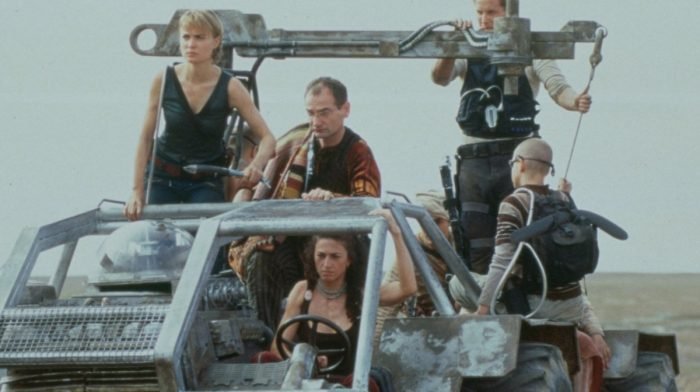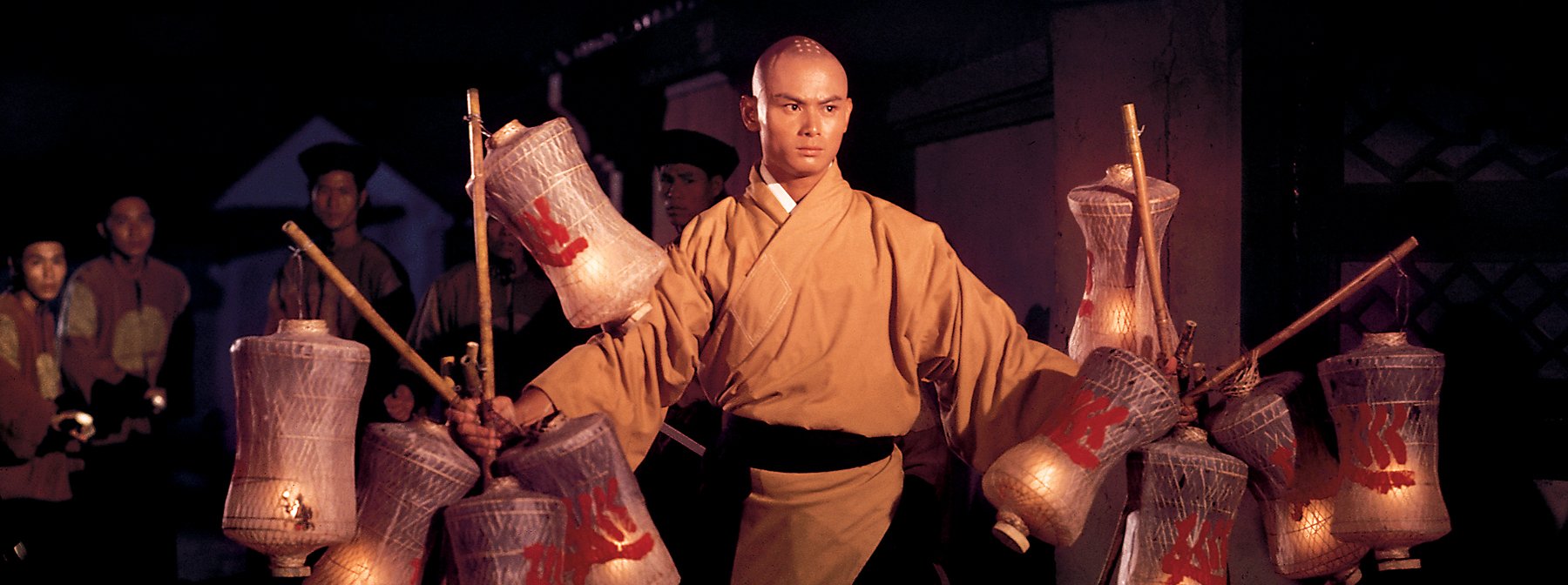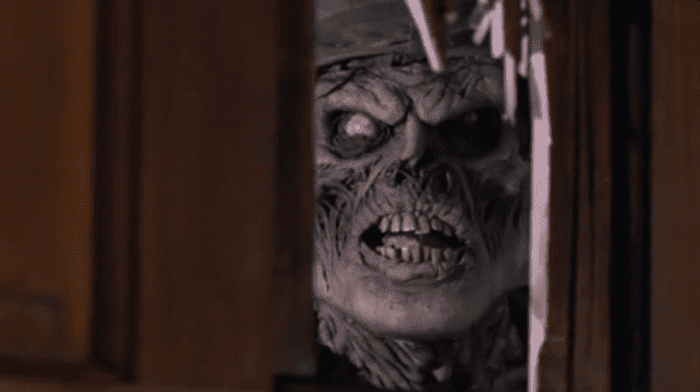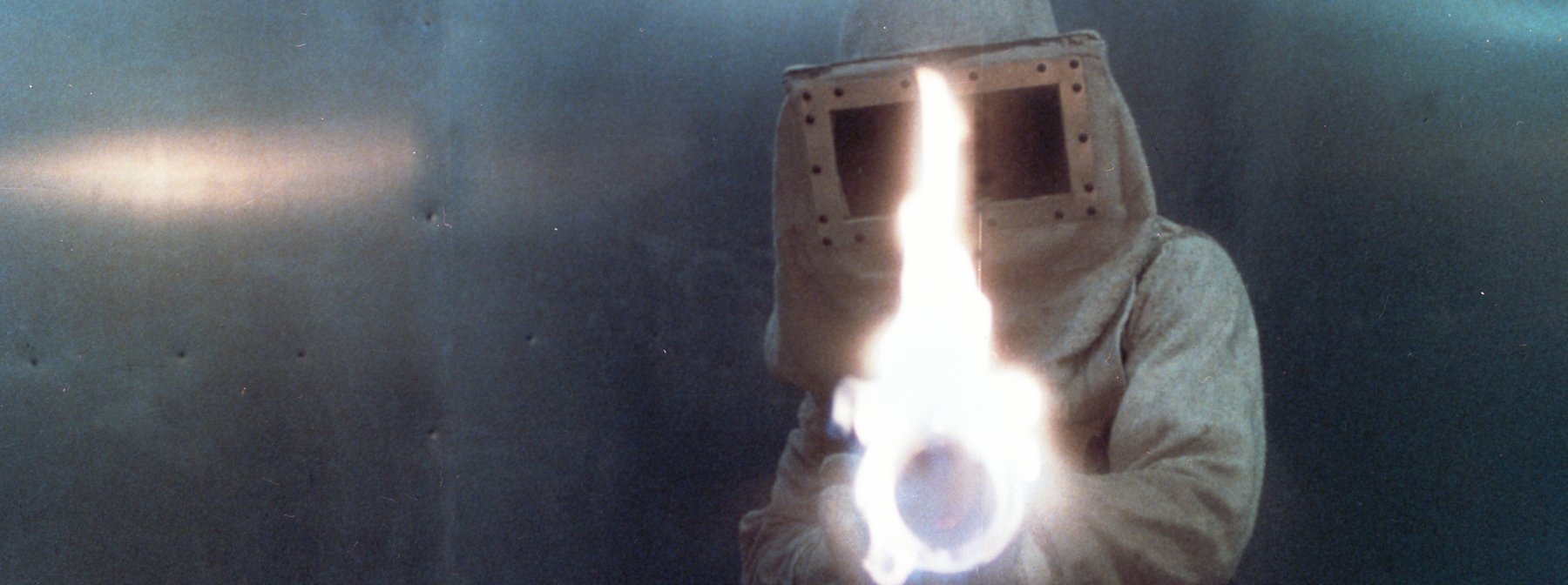There is a longstanding mythology around the ‘bad Nicolas Cage movie.’ Think straight-to-video blend of thriller and supernatural drama, beautiful wife and small child at peril, and kaleidoscopical narratives that defy the limits of logic. With over a hundred film credits in his ever-sprawling resumé, not every single project can be a critically revered success or cult classic, but one could argue, however, that there is no such thing as a bad Nicolas Cage movie.
This is because the actor has become a myth in itself. Fluctuating between the Lifetime dud and Oscar-winning hit, Cage turned movie star status into a thing of his own, a category of one that consists of an endlessly entertaining blend of actor and showman. Within this neat intersection, Cage managed to do what very few before or after him ever have — guaranteeing audiences a Certified Good Time, regardless of the offering he put on the table.
Tom Gormican’s The Unbearable Weight of Massive Talent harnesses this precise mythological quality around Cage to build a metatextual narrative around the actor. The 2022 film sees Cage play an actor on the brink of bankruptcy and obscurity, with no choice but to say yes to a suspicious proposition: a million dollars to be the guest of honour at the birthday party of billionaire Javi (Pedro Pascal). Cage dives headfirst into this fictionalised portrayal of himself, revisiting some of the most iconic moments of his career through the delightful lenses of parody, spinning the narrative in his favour once more.
Critic Katie Walsh opened her review of The Unbearable Weight of Massive Talent with: “Nicolas Cage is back — not that he ever went away,” with Empire critic Dan Jolin claiming the film offered the actor “the role of his lifetime.” Clémence Michelon echoed a similar sentiment in an in-depth piece for The Independent detailing the reasons behind Cage’s below-par projects over the last decade. “Nicolas Cage is experiencing a rebirth,” she said.
The Unbearable Weight of Massive Talent blew away the lid on the Nic Cage discourse, a conversation revived every few years whenever the actor steps away from the mid-budget television movie and back into the warm arms of critical acclaim. Just the year before, Cage was catapulted into loving revision with Michael Sarnoski’s Pig, a small indie film that has Cage as a disgruntled chef who left the cutthroat restaurant industry to live a quiet life lovingly tending to his pig. As this is a Nic Cage film, of course the pig gets kidnapped, leaving the chef no choice but to embark on a vendetta à la John Wick.
Pig quickly became an indie darling, with Cage’s name popping up on award-season chatter. Despite the actor having received some love for the odd project here and there, it had been over a decade since Cage was framed through the prestigious lenses of Oscar hubbub. In 2009, the actor ran into a streak of terrible luck, with the death of his father kickstarting a period of financial peril that included two divorces and the decaying health of his mother. From the passing of his father to The Unbearable Weight of Massive Talent, Cage acted in almost 50 features, shooting project after project in the hopes of paying off his debt and taking care of his family.
Within this somewhat murky patch of Cage’s career, there is much beauty to be found in what many have been quick to toss into the Bad Nic Cage Movie pile. In what is perhaps one of the most dumbfounding choices in a career built on the solid foundation of dumbfoundedness, the actor adopts a high-nasal affected voice throughout the entirety of Larry Charles’ 2016 Army of One. It’s a choice made even bolder by the fact Cage plays a real-life person, ex-con and handyman Gary Faulkner, who believes to have received a mandate from God during one of his diabetes-induced hallucinations and decides to travel all the way to Pakistan to capture Osama Bin Laden — all while armed solely with a single samurai sword purchased from a home-shopping network.
“We may have our flaws, but America! Is! Awesome!” he shouts at an unphased airline worker who dared to refuse him entry to a plane while carrying his beloved sword. This is one of many deliciously unhinged one-liners delivered by Cage in the high-pitched version of his already high-pitched voice throughout the film, which also has him flying over Pakistan mountain ranges in a hang glider decorated with the American flag and praying to a God played by British actor Russell Brand. For whatever Army of One lacks in refinement, it compensates in manic entertainment.
There is much to love in a very specific subgenre of the Good Guy With a Family in Distress trope that Cage is infamous for, too. The 2010s saw the actor play in several entries to this category, from supernatural dramas with questionable CGI to raunchy erotic thrillers. In Uli Edel’s Pay the Ghost, Cage is a beloved university professor with a beautiful wife and a young, curious son with angelic blonde locks. His life is the epitome of the American Dream until the day his son disappears in the middle of a bustling Halloween fair. Overwhelmed by grief, there goes Cage on a quest once more, fighting ghosts and policemen alike on his way to being reunited with his son. Nightmare lands created through special effects and eerie Celtic legends turn viewers for a spin in a suspenser that delivers exactly what it promises. Dubious wigs and jumpscares galore!
Even a Nic Cage movie that isn’t led by Nic Cage still greatly benefits from his onscreen presence, as scarce as it may be. In Jonathan Baker’s Inconceivable, Cage plays a successful husband and provider who lovingly supports his wife through the couple’s fertility issues, a painful struggle that inches closer to a solution with the arrival of a suspicious new friend. Taking third billing, the lack of Cage has one longing for… More Cage, a nifty engagement device that allows for a delicious jolt of adrenaline once the actor, at last, delivers the over-the-top, greatly anticipated twist.
The New York Times film critic Manohla Dargis hit the nail on its head: “To know or, anyway, to watch Nicolas Cage is to love him and sometimes also be confused by him.” And how beautiful to yearn for confusion, to want to be puzzled time and time again by an actor who thrives on defying the blurry boundaries between good and bad. Who can say what is good or bad, anyway?
Cage Rage, the Nicolas Cage collection is available to watch on ARROW.

